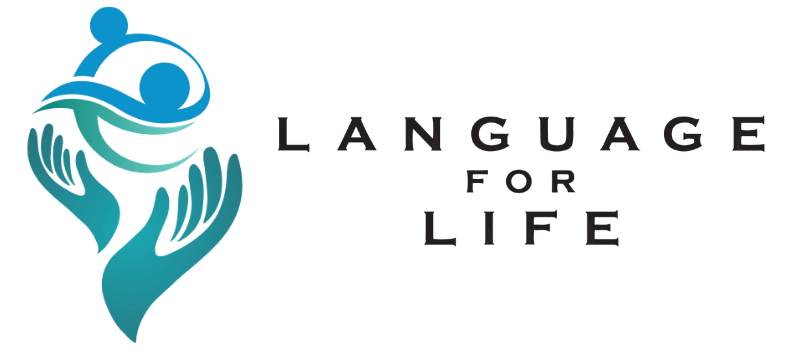What it is and how it works?
The National Disability Insurance Scheme (NDIS) is a program implemented by the Australian government to help and compensate persons with disabilities. It aims to give individuals more control over their life and support them in achieving their goals by providing disability-related support and funding to people with disabilities. In accordance with the NDIS, qualified persons have access to a variety of fundings related to services and supports, including equipment, therapy, assistance with daily living , and home modifications. The program also covers the cost of early intervention programs and assistance for those with a permanent and ongoing disability. The scheme is funded by the Australian government and is managed by the National Disability Insurance Agency (NDIA).
One of the most important aspects of the NDIS is support coordination, which assists participants in achieving their objectives and to lead lives more independently. Support coordination essentially involves collaborating with their participants to create and implement their NDIS plans and to link them to the services and supports they need to accomplish their objectives. Support coordinators are trained individuals who work closely with the participants to make sure they get the best possible assistance.
Support coordination helps participants:
- connect to NDIS and other supports
- broker supports and services in line with a participant’s wishes and their plan budget
- monitor plan budgets and support effectiveness
- build capacity and capability to understand their plan, navigate the NDIS and make their own decisions.
There are three levels of NDIS support coordination: support connection, support coordination and specialist support coordination.
Support connection
Helps participants develop the skills required to connect with supports so that they can achieve their goals.
Support coordination
A higher level of support. The support coordinator will help participants understand and use their NDIS plan. They will work alongside participants to ensure they are accessing a variety of supports.
Specialist support coordination
Is the highest possible level of support coordination. It’s available for participants who face complex barriers in accessing and maintaining the supports they’re entitled to.
A specialist support coordinator works with participants to ensure constant support delivery. They also assist participants in managing the challenges in their support environment.
Support Coordination vs Plan Management: What’s the Difference?
Support coordination is focused on helping participants to implement and manage their NDIS plans. Support coordinators work with participants to identify their goals and needs, connect them with appropriate service providers and coordinate their supports to ensure they work together effectively. They also help participants to navigate the NDIS system, monitor their progress and make any necessary changes to their plans. Support coordinators are independent of service providers and work directly with NDIS participants.
On the other hand, plan management involves managing the financial aspects of a NDIS plan. Plan managers are responsible for managing NDIS funds, paying service providers on behalf of the participant, keeping records and managing budgets. Plan managers can be either a registered NDIS provider or a financial intermediary. Participants can choose to self-manage their NDIS funds, use a registered NDIS provider or use a financial intermediary.
How is NDIS Support Coordination Funded?
NDIS support coordination funding is part of the participant’s capacity building funds. The quantity of funds granted might vary because it’s based on what is considered “reasonable and necessary”. It considers the participant’s present capacities as well as the other informal support that they receive from friends and family.
Although participant-to-participant funding levels might vary, NDIS support coordination funds are normally set amounts. This means participants can only spend up to this specific amount on accessing support coordination.
What does a NDIS support Coordinator do?
Some of the specific tasks:
- Assessing the needs and goals of the individual with disability and developing a support plan that meets those needs.
- Connecting the individual with disability and their family to appropriate service providers and helping them to access the services they require.
- Coordinating and managing support services to ensure they are delivered in a timely and effective manner.
- Assisting the individual with disability and their family to navigate the NDIS system and understand their rights and responsibilities under the scheme.
- Advocating on behalf of the individual with disability to ensure their needs and goals are met.
- Providing ongoing support and advice to the individual with disability and their family to help them achieve their goals and overcome any obstacles.
Software that supports NDIS Support Coordinators
The NDIS providers, plan managers, and support coordinators can deliver efficient, client-centered services thanks to ShiftCare’s care management software. With the aid of its support coordination capabilities, you can budget, monitor expenditure, and keep tabs on client progress. Within the platform, you can instantly communicate updates with clients. Additionally, it has a bulk claims procedure and an integrated price guide.
Credit:

